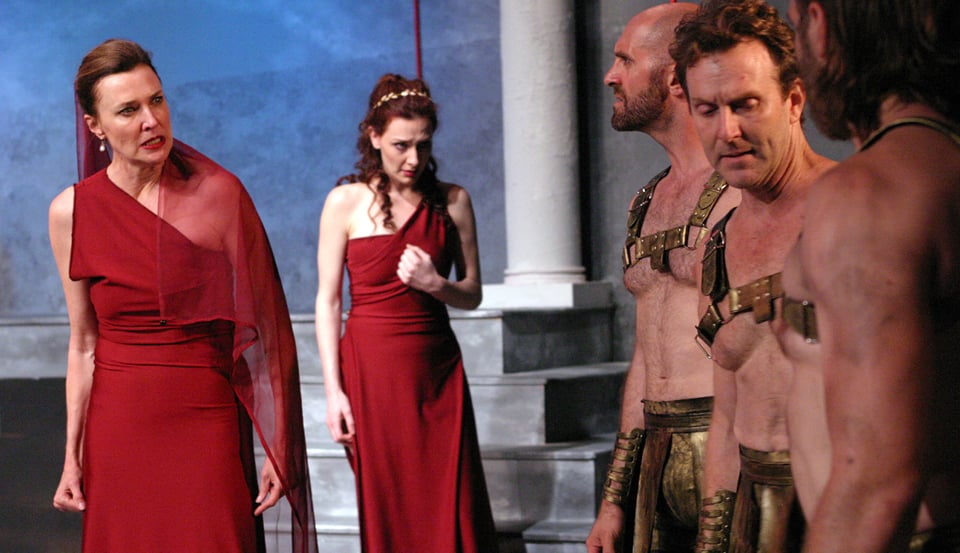From the 6th century BCE, ancient Greek comedy was a popular and influential form of theater performed throughout ancient Greece. Aristophanes and Menander were the genre’s most famous playwrights, and their works, as well as those of their contemporaries, poked fun at politicians, philosophers, and fellow artists. But did you know there’s an ancient Greek comedy written to end the war?
Lysistrata is an Ancient Greek Comedy in which the women refused to have sex to end a war.
The Plot and Summary of Lysistrata
Lysistrata is a comedic account of one woman’s extraordinary mission to end the Peloponnesian War, in which Lysistrata convinces the women of Greece to deny their husband’s sexual privileges to force the men to negotiate peace. Some consider it his masterpiece, and it is certainly the most anthologized. (Source: Ancient Literature)
What is Special About Lysistrata?
Lysistrata also speaks differently than the other women; she is smarter, wittier, and has a more serious tone. This, too, contributes to her ability as Greece’s leader. By the end of the play, the men have requested that Lysistrata negotiate a treaty between Sparta and Athens. (Source: Spark Notes)
Who is Aristophanes?
Aristophanes lived from 450 BCE to 388 BCE. He was the most famous representative of ancient Greek comedy, and his works have been preserved in the greatest quantity. He is the sole surviving representative of the Old Comedy, that is, the period of comic dramaturgy in which chorus, mime, and burlesque still played a significant role and was distinguished by bold fantasy, merciless invective, outrageous satire, unabashedly licentious humor, and marked freedom of political criticism.
Aristophanes, however, belongs to the final stage of this phase, and his final play, which lacks any choric elements at all, may be considered the only surviving example of the fleeting Middle Comedy, which, before the end of the 4th century BCE, was to be replaced in turn by the milder and more realistic social satire of the New Comedy. (Source: Britannica)
Who is Menander?
Menander was born in 342 BCE and passed away in 292 BCE. He was an Athenian dramatist regarded as the supreme poet of Greek New Comedy, the final flowering of Athenian stage comedy by ancient critics. Despite writing more than 100 plays, he only won eight victories at Athenian dramatic festivals during his lifetime.
By his time, comedy had abandoned public affairs in favor of fictitious characters from everyday life; the chorus’s role was generally limited to performing interludes between acts. The actors’ masks were kept, but they were elaborated to accommodate the wider range of characters required by a comedy of manners and to assist an audience without playbills in recognizing these characters for what they were. Menander, who wrote in refined Attic, the literary language of the Greek-speaking world at the time, was a master at presenting characters such as stern fathers, young lovers, greedy demimondaines, intriguing slaves, and others. (Source: Britannica)
Image from PeoplesWorld.Org.
